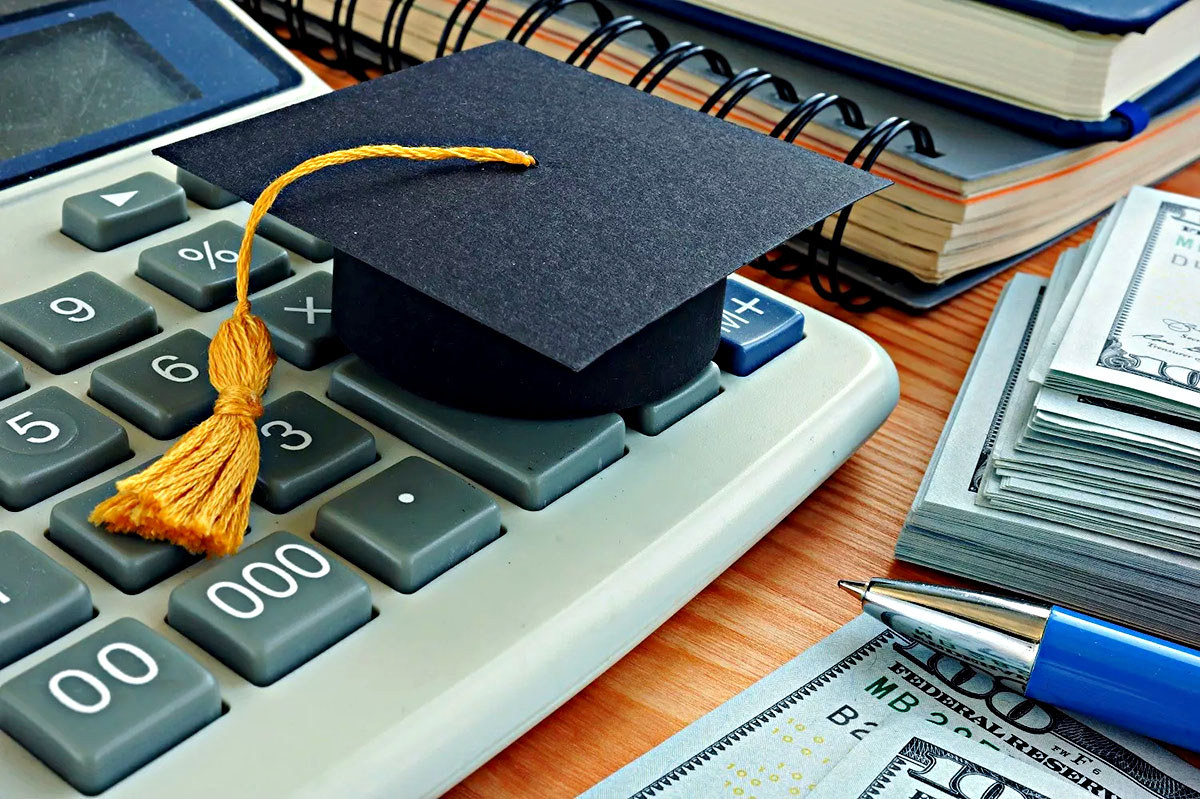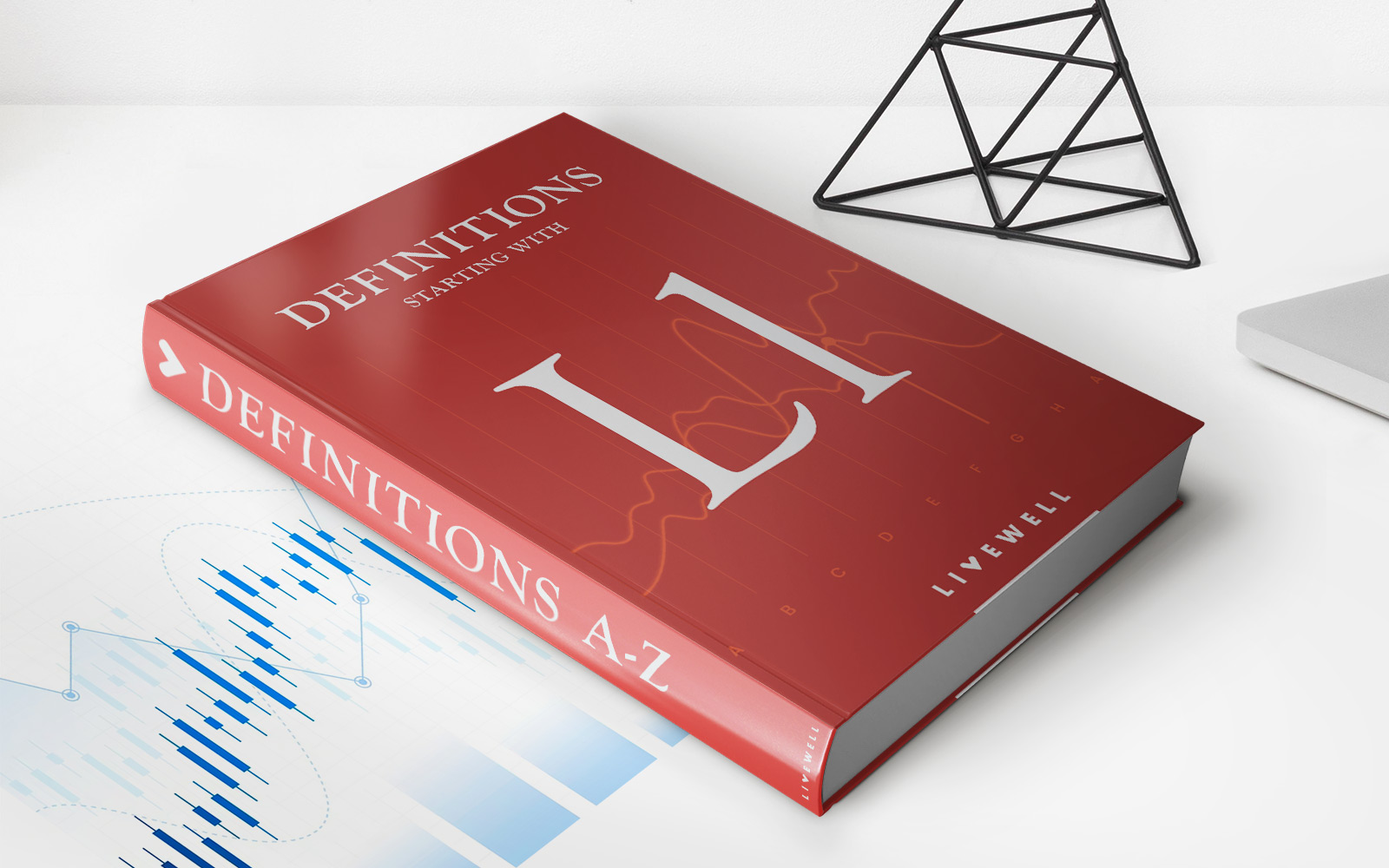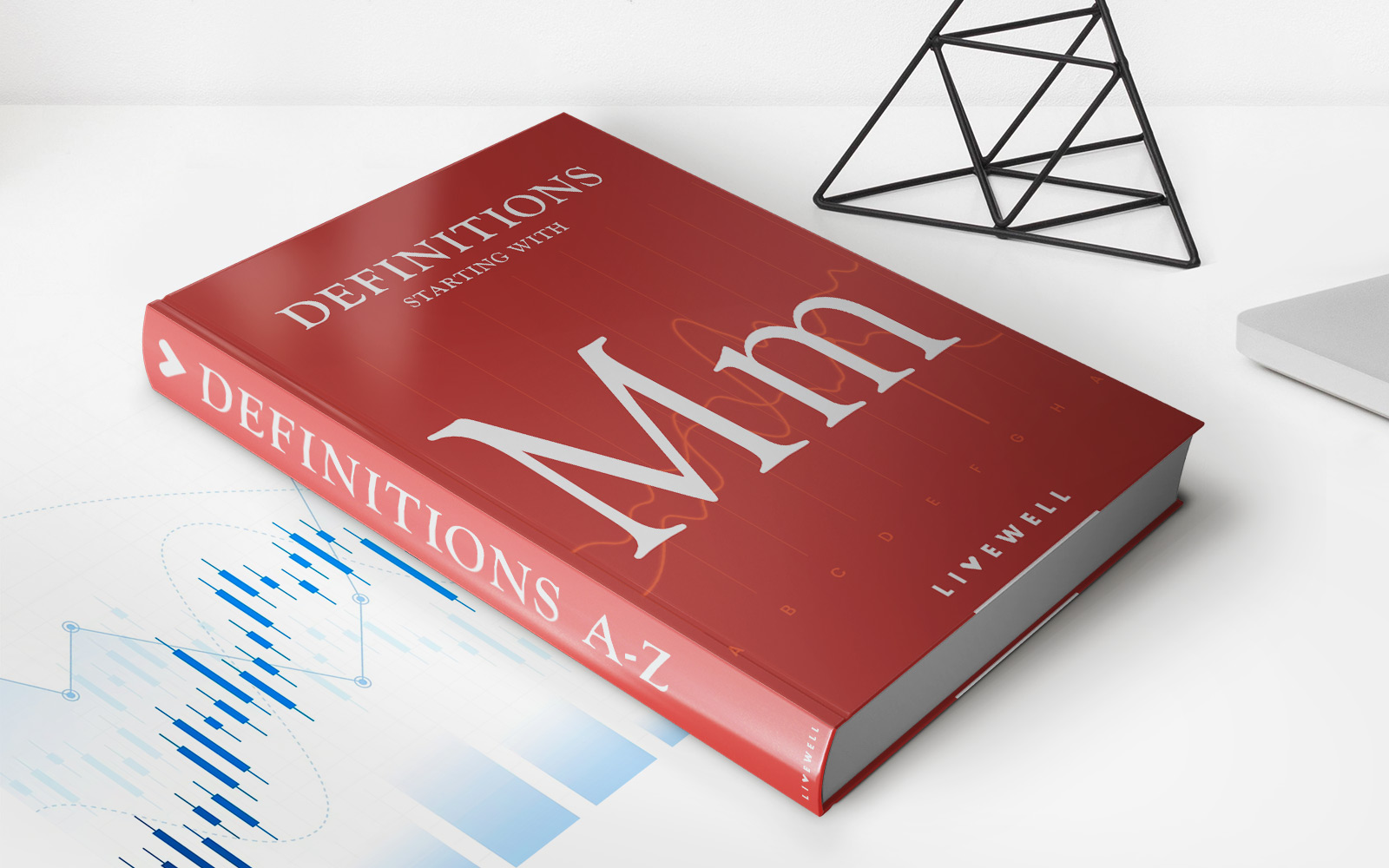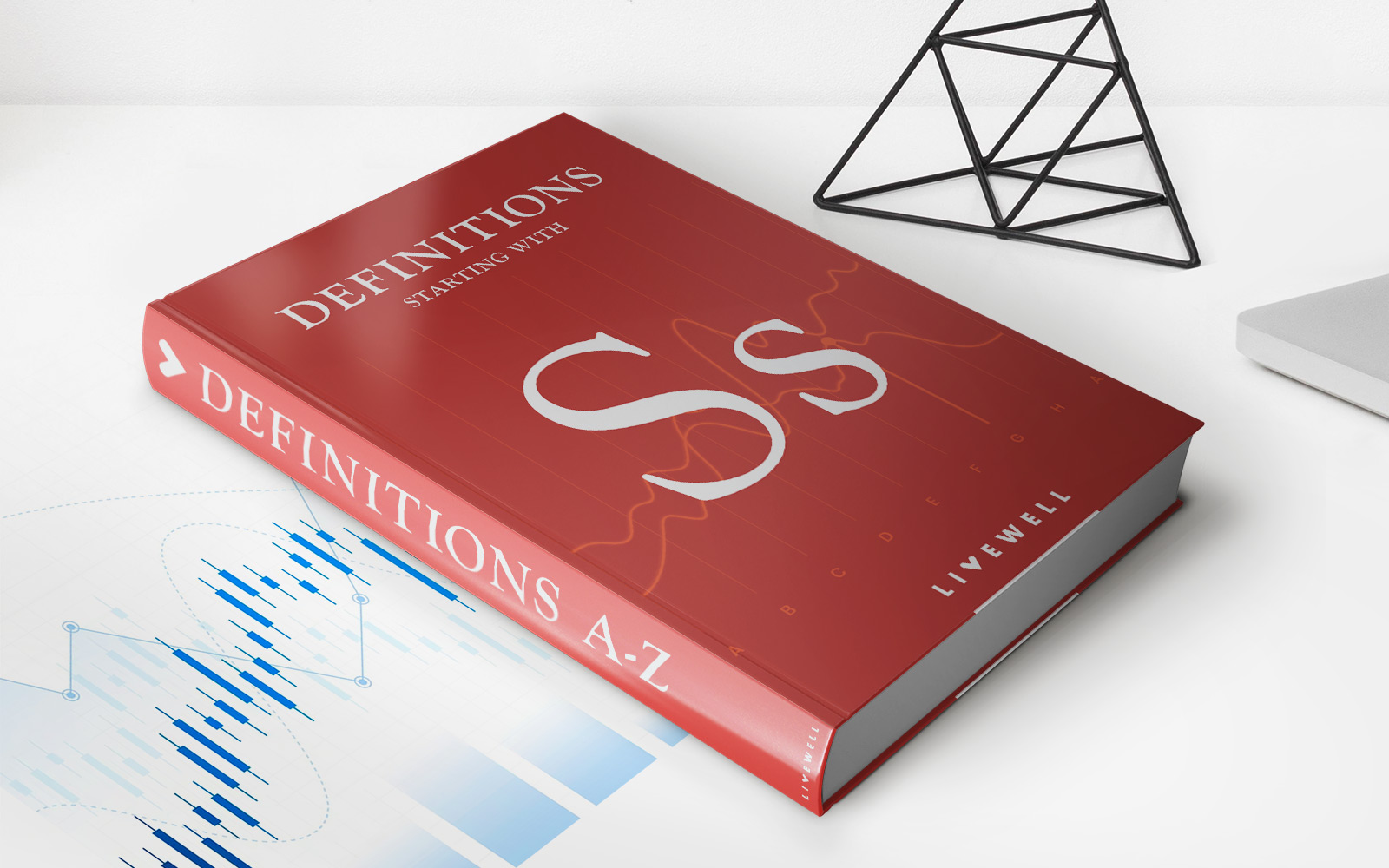Home>Finance>How Does The Punishment For Late Payment Of Student Loans Differ Between Federal And Private Loans


Finance
How Does The Punishment For Late Payment Of Student Loans Differ Between Federal And Private Loans
Published: January 20, 2024
Learn how the punishment for late student loan payment varies between federal and private loans in the realm of finance.
(Many of the links in this article redirect to a specific reviewed product. Your purchase of these products through affiliate links helps to generate commission for LiveWell, at no extra cost. Learn more)
Table of Contents
Introduction
Student loans have become a necessity for many individuals seeking higher education. With the rising costs of tuition and expenses, it’s not uncommon for students to rely on loans to make their educational dreams a reality. However, the burden of student loan debt doesn’t end after graduation. Repayment can be challenging, and failure to make timely payments can have serious consequences.
In this article, we will delve into the topic of late payment of student loans and explore the differences between federal and private loans when it comes to the punishment for late payments. Understanding these differences can help borrowers navigate the complexities of student loan repayment and make informed decisions about their financial obligations.
Whether you have taken out federal loans or private loans, it’s crucial to have a clear understanding of the potential consequences of falling behind on your payments. By delving into the specific punishment structures for late payments, we can shed light on the varying approaches of federal and private lenders, and how they impact borrowers.
Now, let’s take a closer look at the overall landscape of student loans before diving into the contrasting punishments for late payments between federal and private loans.
Overview of student loans
Student loans are financial agreements between borrowers and lenders that are specifically designated to cover the costs of education, including tuition, books, and living expenses. These loans typically have specific terms and conditions for repayment, including interest rates and repayment periods.
There are two main types of student loans: federal loans and private loans.
Federal student loans: These loans are provided by the U.S. Department of Education and are typically more favorable for borrowers due to their lower interest rates and flexible repayment options. Federal loans include Direct Subsidized Loans, Direct Unsubsidized Loans, and PLUS Loans.
Private student loans: These loans are offered by private financial institutions such as banks, credit unions, and online lenders. Private loans often have higher interest rates compared to federal loans and may require a cosigner, depending on the borrower’s creditworthiness.
Whether you have federal loans or private loans, it’s important to understand your rights and responsibilities as a borrower. This includes knowing the potential consequences of late or missed payments.
Now that we have a basic understanding of student loans, let’s explore the punishments you may face when you fail to make timely payments on your federal student loans.
Federal student loans
Federal student loans are loans provided by the U.S. Department of Education to help students finance their education. These loans offer various benefits and protections that make them an attractive option for borrowers.
When it comes to late payment of federal student loans, there are several consequences borrowers may face:
- Late fees: If you fail to make your loan payment on time, you may be charged a late fee. The amount of the late fee varies depending on the loan program and the specific terms of your loan agreement.
- Credit damage: Late payments can have a negative impact on your credit score. This can make it more difficult for you to obtain credit in the future, such as mortgages, car loans, or credit cards. It’s important to prioritize making your student loan payments to maintain a good credit history.
- Loan default: If you consistently fail to make your loan payments, your federal student loans may go into default. Defaulting on your loans can have severe consequences, including wage garnishment, loss of federal benefits, and even legal action taken against you by the government.
- Loss of deferment or forbearance options: Federal loans offer deferment and forbearance options that allow borrowers to temporarily stop making payments or reduce their monthly payment amount. However, if you have a history of late payments, you may lose these valuable options and be required to continue making payments as originally scheduled.
- Loss of eligibility for repayment plans and loan forgiveness: If you plan to utilize income-driven repayment plans or pursue loan forgiveness programs, late payments can disqualify you from these benefits. It’s crucial to make your loan payments on time to maintain eligibility for these valuable programs.
It’s important to note that federal student loans generally offer more flexibility and options for borrowers facing financial challenges. If you’re struggling to make payments, you may be eligible for options like income-driven repayment plans, loan consolidation, or loan rehabilitation. These programs can help you manage your loan payments more effectively and avoid falling behind.
Now that we understand the consequences of late payment on federal student loans, let’s explore how the punishment for late payment differs when it comes to private student loans.
Punishment for late payment of federal student loans
When it comes to late payment of federal student loans, there are several consequences that borrowers may face. It’s important to understand these punishments and take them seriously, as they can have long-lasting effects on your financial well-being.
Late fees: If you fail to make your federal student loan payment by the due date, the loan servicer may charge you a late fee. The specific amount can vary depending on the type of loan you have and the terms of your loan agreement. Late fees can quickly add up, making it even more challenging to catch up on your payments.
Credit damage: Late payments on federal student loans can negatively impact your credit score. This can make it more difficult for you to secure future loans, such as a car loan or mortgage, and can even affect your ability to rent an apartment or obtain a job. It’s important to make your student loan payments on time to maintain a good credit history.
Collection actions: If your federal student loan becomes significantly past due, the loan may be transferred to a collection agency. The collection agency will then take steps to collect the debt, which can include contacting you by phone or mail and reporting the delinquency to the credit bureaus. Collection actions can escalate to wage garnishment or even legal action if the debt remains unpaid.
Loss of federal benefits: If you default on your federal student loans by missing several consecutive payments, you may lose access to certain federal benefits. This can include the ability to receive further federal student aid, deferment or forbearance options, and eligibility for income-driven repayment plans. Losing these benefits can make it even more challenging to manage your student loan debt.
Tax refund offset: If you default on your federal student loans, the government has the authority to intercept your federal income tax refund to put it towards your outstanding debt. This process is known as a tax refund offset. This can significantly impact your finances, as you may be counting on your tax refund for other expenses.
It’s important to note that the consequences of late payment on federal student loans can be severe, and it’s crucial to take proactive steps to avoid falling behind. If you’re experiencing financial difficulties, reach out to your loan servicer to explore options such as income-driven repayment plans or loan rehabilitation programs. By taking action early, you can mitigate the impact of late payments and work towards financial stability.
Now, let’s examine the punishment for late payment of private student loans and how it differs from federal loans.
Private student loans
Private student loans differ from federal student loans in that they are offered by private financial institutions such as banks, credit unions, and online lenders. These loans have their own terms, interest rates, and repayment options. When it comes to late payment of private student loans, the consequences can vary depending on the lender and the specific terms of your loan agreement.
Late fees: Similar to federal student loans, private lenders may charge late fees if you fail to make your loan payments on time. The amount of the late fee can vary and is typically specified in your loan agreement. It’s important to review your loan terms to understand the specific late fee structure.
Interest capitalization: When you have a private student loan and miss payments, the interest may capitalize. This means that the unpaid interest is added to the principal balance of the loan, increasing the total amount you owe. Capitalized interest can significantly increase the total cost of your loan over time, making it more challenging to repay the debt.
Credit damage: Late payments on private student loans can also negatively impact your credit score. Private lenders report payment information to the credit bureaus, and consistent late payments can lower your credit score. As a result, you may face challenges when applying for future credit or loans.
Collection actions: If you default on your private student loans, the lender may take collection actions to recover the debt. This can include contacting you to arrange payment, reporting the delinquency to the credit bureaus, or even pursuing legal action. Collection actions can have serious consequences, including wage garnishment and potential lawsuits.
Loss of repayment options: Unlike federal student loans, private loans may not offer as many repayment options or forgiveness programs. If you fall behind on your payments, you may not have access to alternative repayment plans or loan forgiveness options. It’s important to contact your private loan lender and discuss any financial difficulties you’re facing to explore potential solutions.
Overall, private student loans tend to have less flexibility and fewer borrower protections compared to federal student loans. The consequences of late payment on private loans can vary depending on the lender and the terms of your loan agreement. It’s crucial to carefully review the terms and conditions of your private student loan and communicate with your lender if you’re facing financial challenges.
Now that we understand the punishments for late payment of both federal and private student loans, let’s compare the differences between them.
Punishment for late payment of private student loans
When it comes to late payment of private student loans, the consequences can vary depending on the lender and the specific terms of your loan agreement. While private student loans do not offer the same range of protections and repayment options as federal loans, there are still potential punishments for late payments that borrowers should be aware of.
Late fees: Similar to federal student loans, private lenders may charge late fees if you fail to make your loan payments on time. The amount of the late fee can vary depending on the lender and the terms of your loan agreement. It’s important to review your loan terms to understand the specific late fee structure.
Interest accrual: When you make late payments on a private student loan, the interest will continue to accrue on the outstanding balance. This means that even if you catch up on your payments, you will still be responsible for the additional interest that has accumulated. As a result, the total cost of your loan may increase, making repayment more challenging.
Credit damage: Late payments on private student loans can negatively impact your credit score. Private lenders report payment information to the credit bureaus, and consistent late payments can lower your credit score. This can make it more difficult for you to obtain credit in the future, such as loans or credit cards, and may result in higher interest rates on future borrowing.
Collection actions: If you fall significantly behind on your private student loan payments, the lender may take collection actions to recover the debt. This can include contacting you to arrange payment, reporting the delinquency to the credit bureaus, or even pursuing legal action. Collection actions can have serious consequences, including wage garnishment or potential lawsuits.
Loss of benefits: Private student loans typically do not offer the same range of deferment, forbearance, or income-driven repayment options as federal loans. If you experience financial hardship and are unable to make your payments, private lenders may not provide the same level of flexibility in adjusting your repayment terms. It’s important to communicate with your lender and explore any available options if you’re facing financial difficulties.
It’s crucial to be proactive in managing your private student loan payments and ensure that you make timely payments to avoid potential punishments. If you’re facing financial challenges, consider reaching out to your lender to explore potential alternative repayment options or hardship programs that may be available.
Now that we have explored the punishments for late payment of both federal and private student loans, let’s examine the key differences between them.
Differences between federal and private loan punishments for late payment
While both federal and private student loans can have consequences for late payment, there are several key differences in the punishments you may face depending on the type of loan.
1. Late fees: Both federal and private loans may charge late fees for missed or late payments. However, the specific late fee amounts can vary between the two. Federal loan late fees are typically fixed amounts specified in the loan agreement, while private loan late fees may vary depending on the lender and the terms of the loan.
2. Repayment options: Federal loans offer a range of repayment options, such as income-driven repayment plans, deferment, and loan forgiveness programs. These options can provide flexibility for borrowers who are struggling to make their payments. On the other hand, private loans generally have fewer repayment options and may not offer the same level of flexibility or forgiveness programs. This can make it more challenging for private loan borrowers to adjust their payment terms if they encounter financial difficulties.
3. Credit reporting: Both federal and private loan late payments can negatively impact your credit score. However, federal loan late payments may have a less severe impact on your credit compared to private loans. This is because federal loans are reported as delinquent after being 90 days past due, while private loans may report delinquency sooner.
4. Collection actions: If you default on your federal student loans, the government has extensive collection powers, including wage garnishment and tax refund offsets. Private lenders also have the ability to pursue collection actions, but the specific actions they take can vary depending on the lender’s policies and state laws. Collection actions for private loans may include contacting you to arrange payment or pursuing legal action to recover the debt.
5. Repayment prioritization: If you have both federal and private student loans and are unable to make all of your payments, it’s important to understand how each type of loan is prioritized. Generally, it is advisable to prioritize federal loan payments over private loans. This is because federal loans often offer more favorable terms, such as lower interest rates and more flexible repayment options, as well as potential benefits like loan forgiveness programs.
It’s important to carefully review the terms and conditions of both federal and private loans to understand the specific consequences and punishments for late payment. If you find yourself struggling to make payments, consider reaching out to your loan servicers or lenders to discuss potential options for repayment assistance or adjustment.
Now, let’s wrap up our discussion on the differences between federal and private loan punishments for late payment.
Conclusion
Late payment of student loans, whether federal or private, can have significant consequences for borrowers. It is crucial to be aware of the potential punishments in order to avoid long-term financial hardships. While both federal and private student loans can carry late fees, credit damage, collection actions, and other penalties, there are important distinctions between the two.
With federal student loans, there is generally more flexibility and borrower-friendly options available. Federal loan borrowers may have access to income-driven repayment plans, loan forgiveness programs, and the ability to temporarily defer or reduce payments through deferment or forbearance. The consequences of late payment on federal loans are typically less severe compared to private loans, though credit damage and potential loan default are still risks to consider.
On the other hand, private student loans typically have fewer repayment options and borrower protections. The punishments for late payment may vary depending on the lender and loan terms. Private loan borrowers should be prepared to face potential late fees, the accrual of interest, credit score impact, and potential collection actions, which can include contact from the lender or even legal action.
In managing student loan debt, it is crucial to prioritize timely payments and communicate with loan servicers or lenders if financial difficulties arise. By doing so, borrowers can potentially explore alternative payment plans or hardship programs that may be available to ease their repayment journey.
As borrowers, it is essential to be proactive and informed about the terms and conditions surrounding your student loans, whether they are federal or private. Carefully review your loan agreements, understand the consequences of late payment, and seek guidance if needed. By staying informed and taking the necessary steps to manage your student loan obligations, you can work towards financial stability and minimize the potential impact of late payments.
Remember, it is never too late to take control of your student loan repayment journey. Seek financial advice and explore available resources to effectively manage your debt and work towards a brighter financial future.














